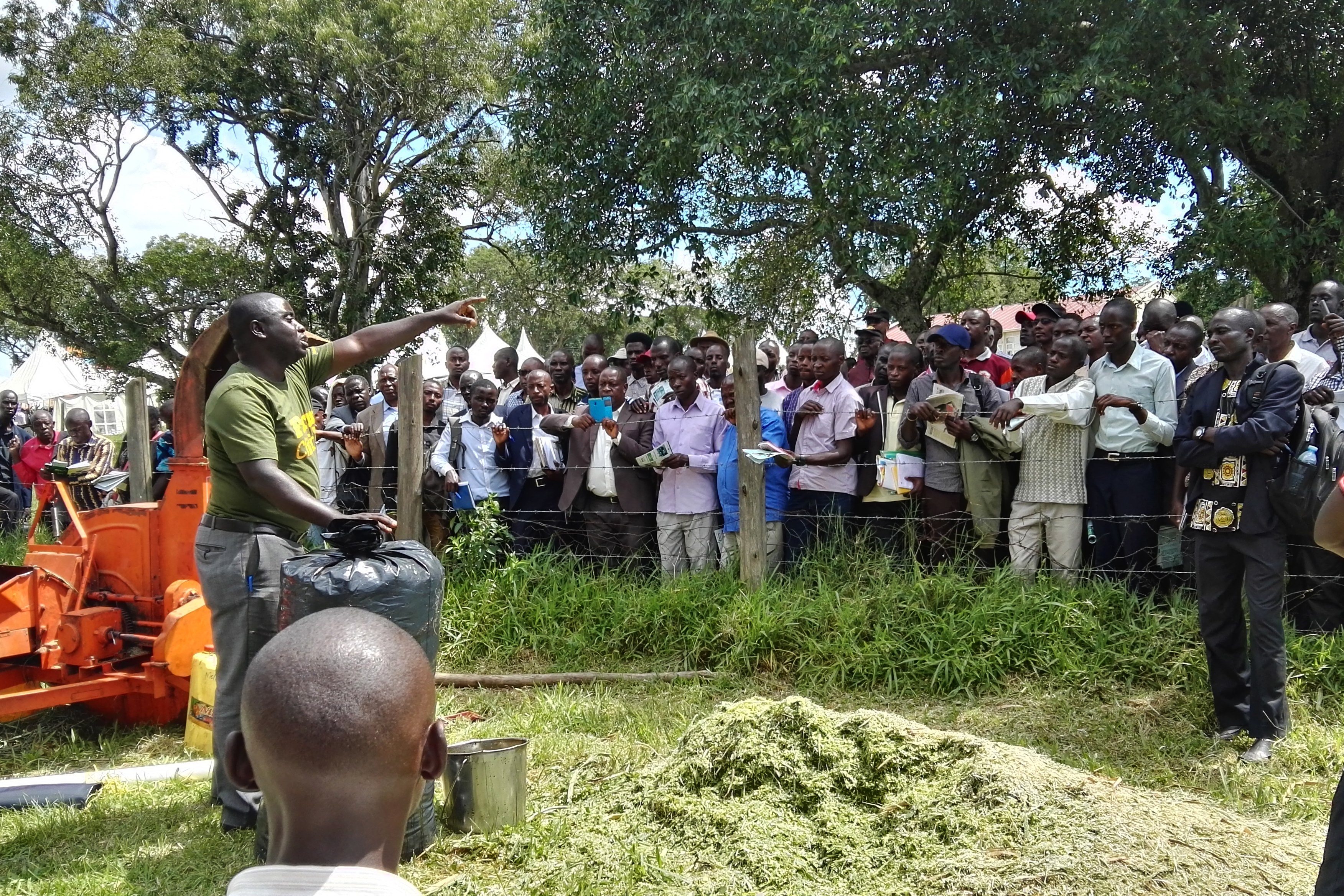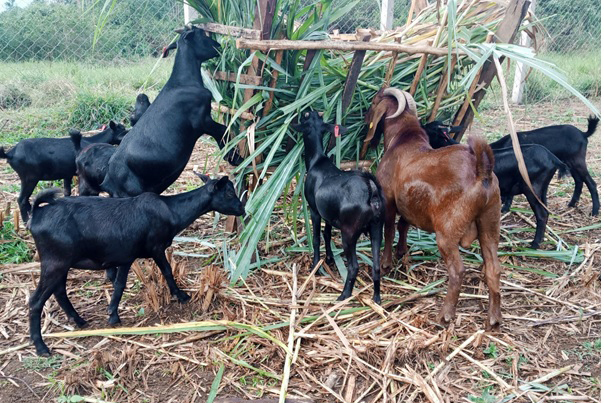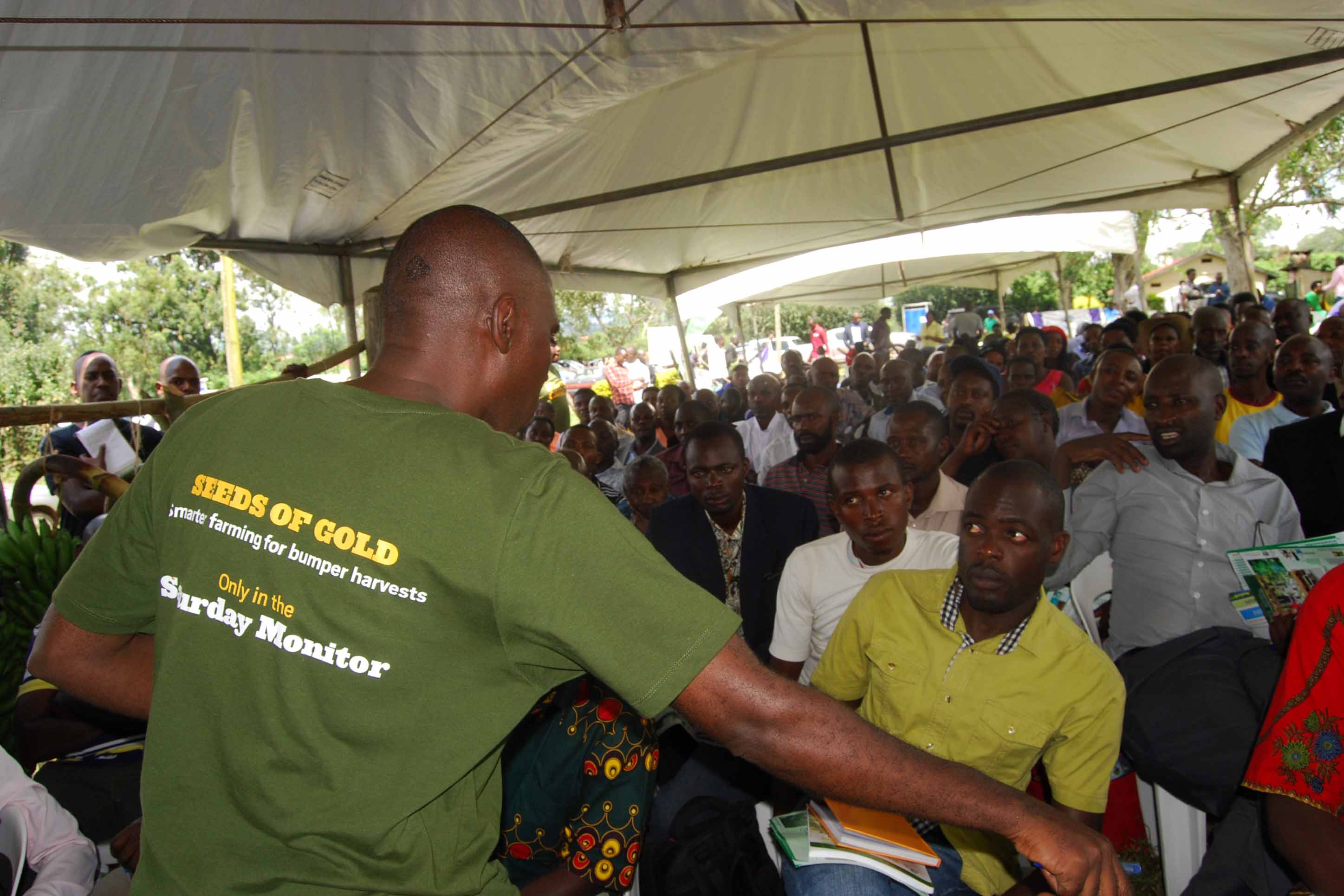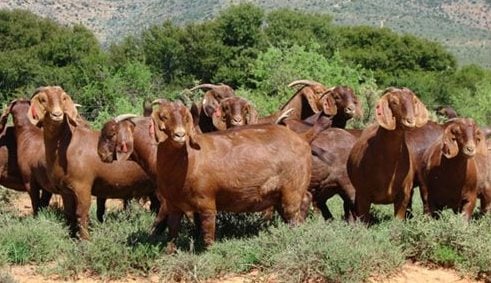Prime
Naro experts give free farm skills in Hoima today

A Naro agronomist explains to farmers how to make livestock feed at a recent Seeds of Gold Farm Clinic. PHOTO/FLE
What you need to know:
- Engagement between farmers and the experts has become more intense with the former now saying they are farming from a point of information. It affirms our commitment to scale the clinics to every region in the country.
Bulindi Zonal Agricultural Research and Development Institute (BuZARDI), is gearing up to host the highly anticipated Seeds of Gold Farm Clinic today. The event offers a platform for farmers to cultivate their skills, discover cutting-edge technologies, and unlock the potential of sustainable farming practices.
The free for all event sponsored by Bank of Uganda, Stanbic Bank, Export Trading Group (ETG), Jubilee Insurance and Allianz in partnership with the National Agricultural Research Organisation (Naro) and NTV, will offer invaluable insights to the farming community in the region and beyond.
It will tackle five key commodities including; cassava, goats, bananas, bee keeping and aquaculture.

Mr Muhumuza Ismail, a Rice specialist at Bulindi zradi explaining how to use threshers and planters in a farm. Photo/Francis Mugerwa
About the institute
BuZARDI is one of the 16 public agricultural research institutes under Naro. Situated in Bulindi Town Council, Hoima District, BuZARDI is at the forefront of conducting practical and adaptive research while spearheading the promotion of cutting-edge agricultural technologies.
These efforts are aimed at facilitating increased adoption within the Lake Albert Crescent Zone (LACZ), which encompasses Hoima, Kiryandongo, Masindi, Buliisa, Kakumiro, Kagadi, Kibaale, Kikuube districts, and Hoima City.
The zone, with an estimated population of 2.5 million, has seen an influx of migrant labour due to oil and gas activities.
In this context, agricultural research plays a pivotal role in ensuring sustained food security, fostering agro-industrialisation, and creating jobs and wealth within the region.
To achieve these goals, BuZARDI focuses its research efforts through three core programmes: animal resources research, crops and natural resources research, and technology promotion and outreach research.
These programmes establish demonstrations of various agricultural technologies, including information, varieties, breeds, management practices, and innovations, both on the research station and on-farm to enable farmers learn and adopt them in their farming systems.

Farmers will today learn how to manage goats especially the Mubende type which is dominate in Bunyoro.
Promoting market-oriented goat farming
BuZARDI recognises the significant potential of goats in reducing poverty in the region, where poverty currently affects 10 percent of the population.
BuZARDI is actively engaged in research activities geared towards commercialising the goat value chain.
This initiative ensures farmers in the zone gain access to high-quality goat breeds that yield substantial returns on their investments.
BuZARDI currently maintains a flock of 300 goats, including Red Kalahari bucks, which are being crossbred with Mubende goats to enhance productivity.
During this farm clinic, the livestock unit will disseminate critical information and technologies to address major constraints in goat production.
Participants will receive training on production systems, breeding, feeding, housing, health management, general care, and entrepreneurship related to goat farming.

Farmers will further learn new skills of managing apiary/beekeeping.
Beekeeping for wealth creation
Despite Uganda’s potential to produce over 500,000 metric tonnes of honey annually, the country only produces about 200,000 metric tonnes each year.
BuZARDI’s apiculture unit actively promotes beekeeping among farmers in the LACZ for the purposes of food security, nutrition, income generation, and biodiversity conservation. Emphasising improved apiary management practices, BuZARDI aims to boost honey production.
During the farm clinic, participants will receive comprehensive training on beekeeping technologies and practices, including hive placement, increasing hive colonisation, establishing bee forage plants, managing honeybee pests, and the harvesting, processing, and packaging of bee products.
Profitable banana farming
Bananas play a vital role in providing food for both humans and animals, and they possess socio-economic value due to various uses such as construction, hair mending, art, and craft.
However, farmers in the LACZ face challenges related to limited access to quality planting materials and best management practices for pests, diseases, soil and water conservation, and post-harvest handling.
During the farm clinic, participants will receive training on improved banana technologies, including Naroban 4 and Naroban 5, as well as best practices developed by Naro for enhanced enterprise profitability.
The sessions will focus on aspects such as planting, sucker management, detrashing, fertilisation, soil and water conservation, harvesting, mulching, weed control, forking, earthing up, male bud removal, staking, and effective pests and disease management.
Additionally, value-added products such as matooke-resistant starch, natural food colorants, banana natural dye, and biodegradable hair products will be showcased.

The sessions will focus on aspects such as planting, sucker management, detrashing, fertilisation, soil and water conservation, harvesting, forking among others.
Improving productivity of aquaculture
Aquaculture serves as a major source of animal protein and livelihood for many Ugandans.
Government has ambitious goals to increase aquaculture production to 1,000,000 tonnes by 2030, with Nile tilapia being a key contributor.
However, challenges such as limited access to quality seed and subpar management practices hinder Nile tilapia production, resulting in slow growth rates, extended feeding periods, higher feed conversion ratios, and reduced profitability.
BuZARDI’s aquaculture unit will focus on training participants in obtaining quality Nile tilapia seed and implementing best management practices.
These practices include suitable culture facilities, water quality management, feed and fish feeding management, and the incorporation of black soldier fly larvae in the diets to enhance growth rates and overall enterprise profitability.




